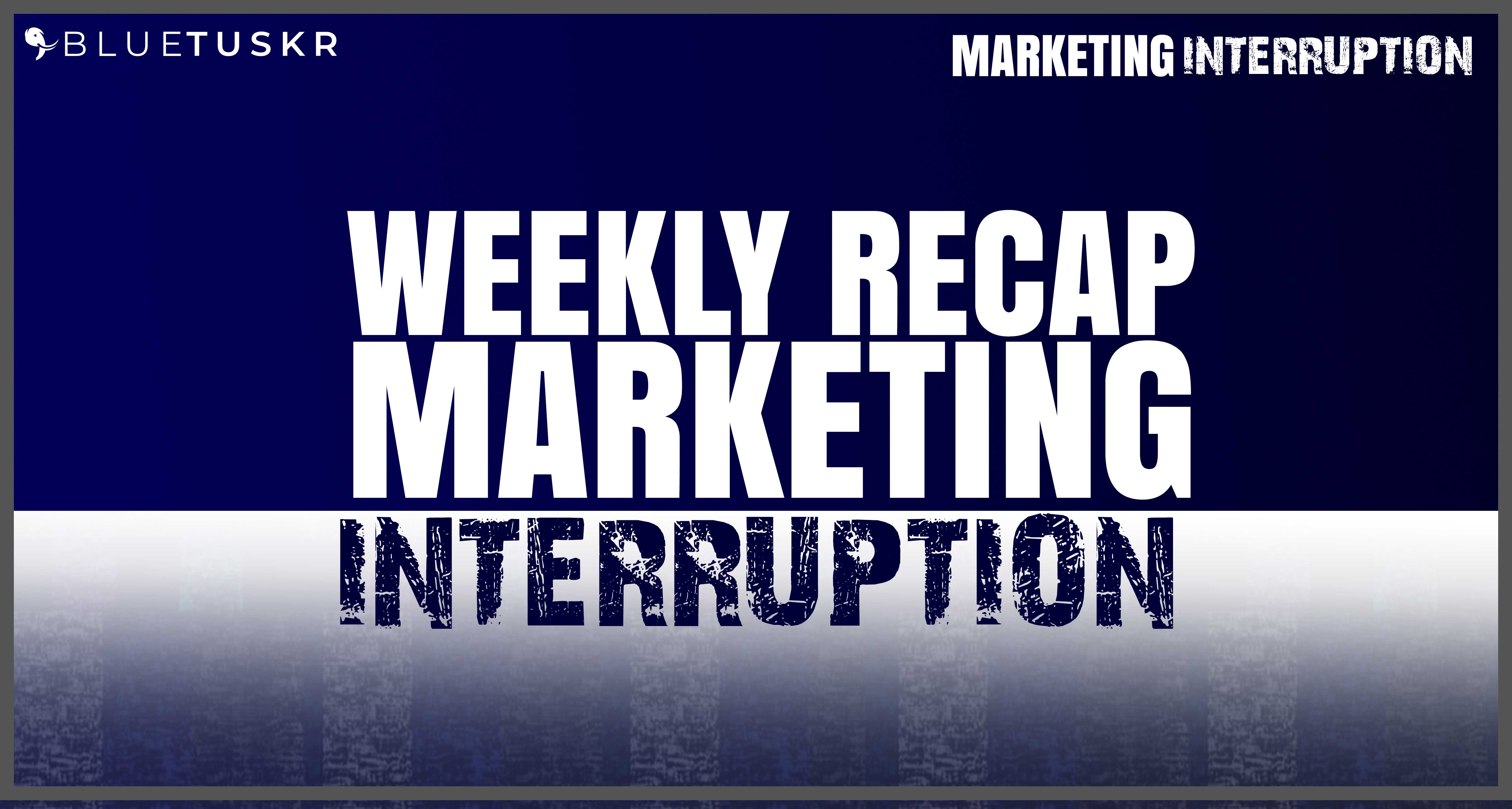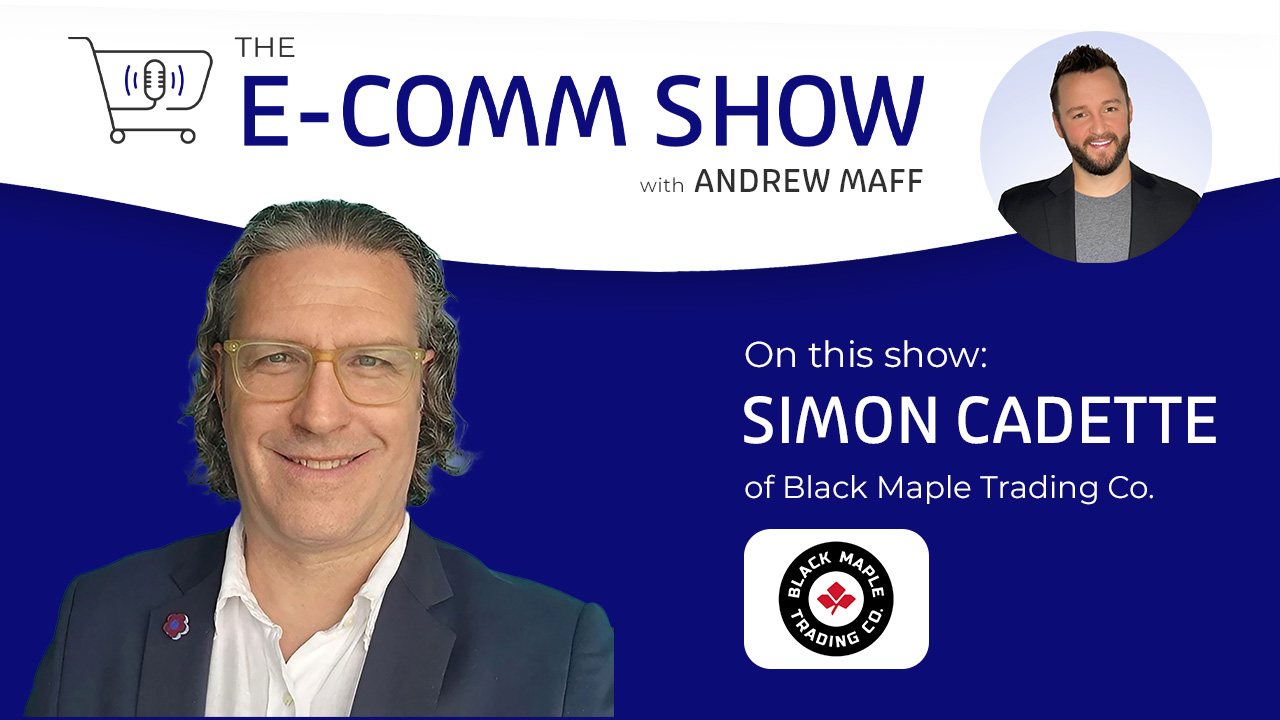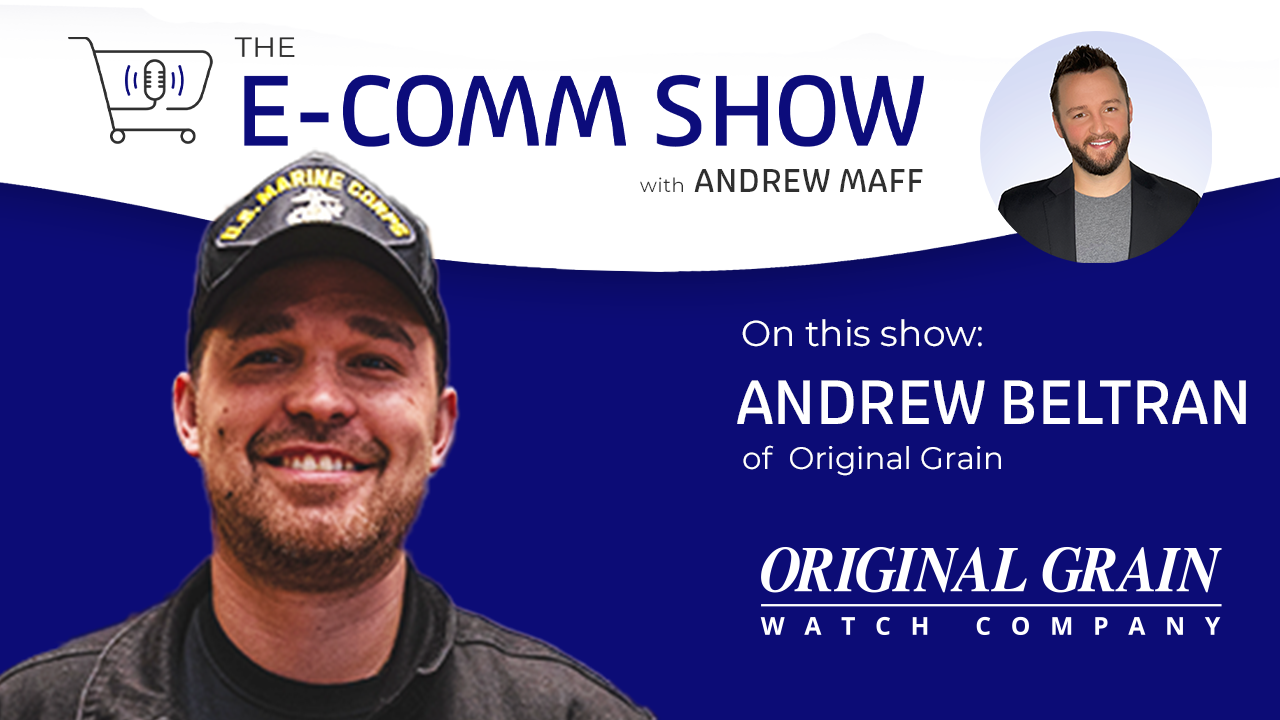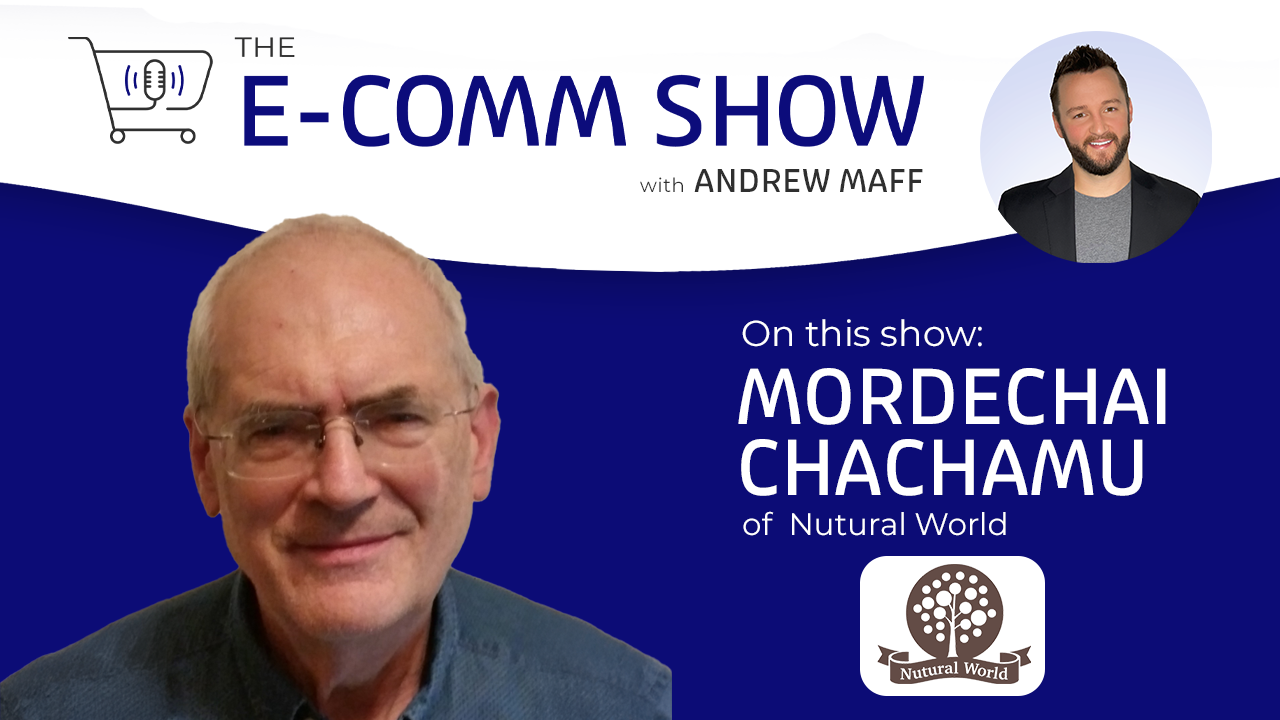Marketing Interruption Weekly Recap, Questions, And News | Ep 65

On the 65th episode of Marketing Interruption, Andrew Maff recaps the week and touches back on e-commerce operations like SOPs and project management systems as well as dealing with the challenges of attribution modeling and whether or not sellers should offer free shipping.
Tune in and enjoy today's interruption!
MENTIONED IN TODAY’S EPISODE:
Process Street - Asana Top of Mind by John Hall
LEAVE SOME FEEDBACK:
If you enjoyed the show, please be sure to rate and review!...and of course, SUBSCRIBE!
Have an e-commerce marketing question you'd like Andrew to cover in an upcoming episode?Email: marketinginterruption@bluetuskr.com
CONNECT:
BlueTuskr.com | AndrewMaff.com | Twitter: @AndrewMaff
TODAY'S EPISODE:
00:38
Hello, welcome to episode number 65 of the marketing interruption podcast. I'm your host, Andrew Maffettone and today I'm going to talk to you about how I stood on a fucking soapbox all week. We're recapping. And I feel like I ranted on every single episode this week. So I know on Monday, I went through Monday and Tuesday were very similar episodes, one catered more towards SOPs, the other one kid more towards project management system. And there's a lot of people who I've learned have, don't really understand the differences of them. And you can, you could, in theory, do set up Asana, where process tree wouldn't net wouldn't necessarily be needed. But there's not a lot of documentation that goes into Asana, it's more structural. And then the documentation comes into process straight. So just as a recap of what I was talking about Monday and Tuesday, we use this internally, this is the tech stack we use internally, and then it's what we typically advise our sellers to use just because we know how to use it. We have Asana is our project management system where we template projects. And as we learn stuff, we edit the template. So the next time we replicate the template, we know we need to do something new. And you can easily replicate a task within that project and push it to a live project. There's you got to get us on it to understand it. Then there's process Street, which is for SOPs, where it's more documentation and videos and examples of how to do things. Could you put that information into Asana? Yes. The way that it's done, though, isn't as nice. And then obviously, I want to know who did what, what you could in theory still doing Asana would be kind of messy. But I want to know when they did it. And sometimes I need to submit stuff. And again, there's ways that you could put things into Asana to set that up for procedure, but it definitely get messy. I had mentioned this on Monday, the sun is an amazing platform, the biggest issue. And the biggest benefit of it is that it's so customizable, so you can get kind of messy. So I prefer process three plus, you can kind of keep all your recipes in one place. But sauna SOPs, why you should have them it's an asset, selling the company becomes a lot easier or training someone new becomes a lot easier. Then I talked about Oh, attribution. God kill me. fucking hate attribution. It's such a pain in the ass. It's a pain in the ass. Because there's from an agency side, it's a pain in the ass. Because basically, I have to explain, like, I know, Facebook says it's doing this and Google says it's doing that. But we really think you should put your budget here and explaining it is so difficult because it's kind of a foreign theory. And explaining to someone like, Hey, I just need you to go with my gut is not really great, no matter how many case studies you throw at them. The attribution issue is, you know, the the fluidity of how people purchase is it's ridiculous. It's all over the place, you don't really know what's happening. Sometimes you get so much credit for Google. And you're like, oh, Google is doing so well. We're getting so much from there, let's spend more money on Google. But really what happened was your billboard did well. And so now all of a sudden, people are just searching your name. And really what that is, is brand awareness, in which case, that social media, so really, you should be spending more money on social media, so that your Google Ads become less and less expensive. So it's, it's a messy thing where you kind of have to know the life of your product and the lifetime of your customer and then what the average path of purchase is, and then you just have to look at everything holistically, you have to sit back and stop nitpicking those tiny little numbers, and I'm ranting again, but I'm gonna, where you have I get these sellers. Sometimes you're like nitpick these tiny little numbers like you have the click rate on this one campaign is just not that good. And I don't think we should increase it. And while when I go, Okay, we're getting into an hour long conversation about the click through rate on this one campaign. But if we go high level, and we take a look at what happened here, you spent $10,000, we made $70,000. That is what happened. I don't care how that click through rate looks compared to the latest to the other ones. Everything always needs to be improved, and I get that. But you also have to take everything with a grain of salt. Your metrics will tell you what you want them to tell you. Yeah, that makes sense, right? Your metrics will your metrics will We'll tell you what, yeah, yeah, I said that, right. So you're gonna paint whatever picture you want to paint, but you have to go with your gut. And is it if you feel like it's working, then just leave it and don't get any deeper in it if you don't have to. If it's not working, then you have a different story. And then you have to get into it, which is why you should still be obviously recording everything.
05:23
And then, we talked about shipping factor, a myth, I said, it's a myth. However, it's a fact that you should look into it and try to do it if you can, but it may not be necessary. So a lot went on this week that a lot of ranting. So I'm hoping that this podcast isn't slowly turned into Andrew vents about the bullshit in digital marketing, but where he commerce in general. But I did want to mention another book, I figured I got a ton for him books, I'll start mentioning some of them. So read this one a while ago, this was top of mind by john Hall, to a great book about specifically about branding, and how you basically stay top of mind for a lot of people. And it can kind of tie into that whole attribution thing, which I'm not I'm not going to go down again, I promise. But it's a great book, great read about branding, and how you can stay front of mind and how these big companies do it. And it's it was such a good book, it's now to a point now where usually, depending on who we're bringing on, depending on which department they may be in, or what campaign me working on, I typically have this is one of our required reads of just you got to read this book, and it'll help your mindset. So I definitely suggest as the up reading it, and then per usual, please send me an email if you have any questions or anything you want me to discuss on the show, marketing interruption@bluetuskr.com or just message me on wherever you may be watching this platform, whether it's YouTube or on our blog, or maybe a Twitter or whatever, I don't really care. We'll find you. But per usual, please rate review, subscribe, tell your friends, tell your mom tell your wife and i will see you all next week. Thank you.
CONNECT WITH OUR HOST
AndrewMaff.com | Twitter: @AndrewMaff | LinkedIn: @AndrewMaff
Connect With Us
Recent Post
- Apr 23, 2025
- Author: Andrew Maff
Staying on Trend and In-Touch with Black Maple Trading Co. | EP. #180


.png)







.jpg)






Tell us what you think!